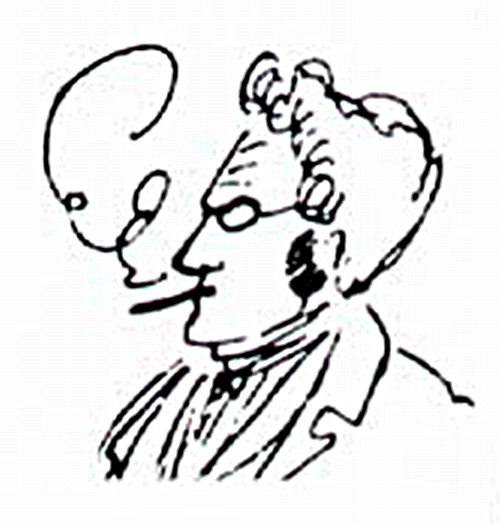Max Stirner Frases famosas
The purpose of the State is always the same: to limit the individual, to tame him, to subordinate him, to subjugate him.
Max Stirner in: The Ego and His Own (1845), como citado in: Politics - Página 56 https://books.google.com.br/books?id=kikdBQAAQBAJ&pg=PA56, Andrew Heywood - Palgrave Macmillan, 2013, ISBN 1137272449, 9781137272447, 520 páginas
Atribuidas
“Através das idéias fixas surgem os crimes”
Aus fixen Ideen entstehen die Verbrechen
Der Einzige und sein Eigentum - Página 209, de Max Stirner - Deutsche Buch Gemeinschaft, 1901 3. ed. - 379 páginas
Max Stirner: Frases em inglês
“Everything sacred is a tie, a fetter.”
Cambridge 1995, p. 192
The Ego and Its Own (1845)
Fonte: The False Principle of our Education (1842), p. 12
Fonte: The False Principle of our Education (1842), p. 11
“The men of the future will yet fight their way to many a liberty that we do not even miss.”
Cambridge 1995, p. 114
The Ego and Its Own (1845)
S. Byington, trans. (1913), p. 383
The Ego and Its Own (1845)
Fonte: The False Principle of our Education (1842), p. 19
S. Byington, trans. (1913), p. 191
The Ego and Its Own (1845)
Stirner's Critics (1845)
Fonte: The False Principle of our Education (1842), p. 21
Fonte: The False Principle of our Education (1842), p. 25
“I am owner of my might, and I am so when I now myself as unique.”
In the unique one the owner himself returns into his creative nothing, of which he is born. Every higher essence above me, be it God, be it man, weakens the feeling of my uniqueness, and pales only before the sun of this consciousness. If I concern myself for myself, the unique one, then my concern rests on its transitory, mortal creator, who consumes himself, and I may say: All things are nothing to me.
Dover 2005, p. 366
The Ego and Its Own (1845)
Only a formal and material training is being aimed at and only scholars come out of the menageries of the humanists, only "useful citizens" out of those of the realists, both of whom are indeed nothing but subservient people. Our good background of recalcitrancy [sic] gets strongly suppressed and with it the development of knowledge to free will. The result of school is then philistinism.
Fonte: The False Principle of our Education (1842), p. 23
Truth consists in nothing other than man's revelation of himself, and thereto belongs the discovery of himself, the liberation from all that is alien, the uttermost abstraction or release from all authority, the re-won naturalness. Such thoroughly true men are not supplied by school; if they are there, they are there in spite of school.
Fonte: The False Principle of our Education (1842), p. 21
Attributed in Forbes Vol 38 Iss. 2 (1936) p. 18, and in Lifetime Speaker's Encyclopedia (1962) by Jacob Morton Braude, p. 275
